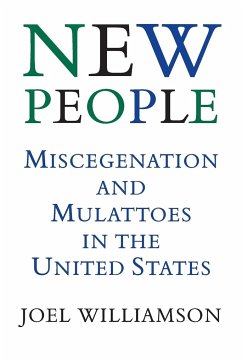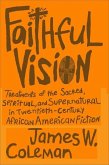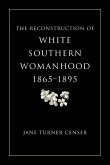New People is an insightful historical analysis of the miscegenation of American whites and blacks from colonial times to the present, of the "new people" produced by these interracial relationships, and of the myriad ways in which miscegenation has affected our national culture. Because the majority of American blacks are in fact of mixed ancestry, and because mulattoes and pure blacks ultimately combined their cultural heritages, what begins in the colonial period as mulatto history and culture ends in the twentieth century as black history and culture. Thus, understanding the history of the mulatto becomes one way of understanding something of the experience of the African American. Williamson traces the fragile lines of color and caste that have separated mulattoes, blacks, and whites throughout history and speculates on the effect that the increasing ambiguity of those lines will have on the future of American society.
Bitte wählen Sie Ihr Anliegen aus.
Rechnungen
Retourenschein anfordern
Bestellstatus
Storno








